In Perrysburg, OH, Evie Huynh and Joe Mills Learned About How To Dry Grass companion plants - smallyardbigdreams.com
Last but not least, you move additional wood pallets over each of these assistances. Your bin is prepared for garden compost! Feed your compost pile in meals, not simply treats Keep in mind that the more that you contribute to your stack at the same time, the more it warms up. Heat is great for compost.
The ideal temperature for your compost heap need to be between 120 to 160 degrees F. This is when the product decomposes the fastest. While a lower temperature will still permit decomposition, it will take a lot longer. There are garden compost thermometers you can buy to determine the core temperature level of your compost bin or pile.
When it's done, your compost heap ought to not only look like abundant, dark soil, it ought to likewise feel and smell like it, too. You shouldn't have the ability to see any residues of products that you take into it. You may also saw that ended up garden compost will be typically half of the volume of the products you started with, however it's also denser.
Having the best combination of waste products, moisture and air can make for a quicker compost pile. This page has to do with composting suggestions and tricks. March 9, 20100 discovered this practical Keep it wet, for more information go to-how to compost, good luck. March 15, 20100 discovered this practical Turn it a number of time a week and keep it wet however not dripping.
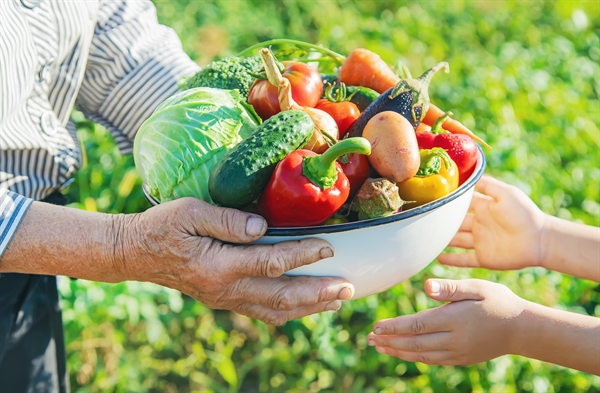
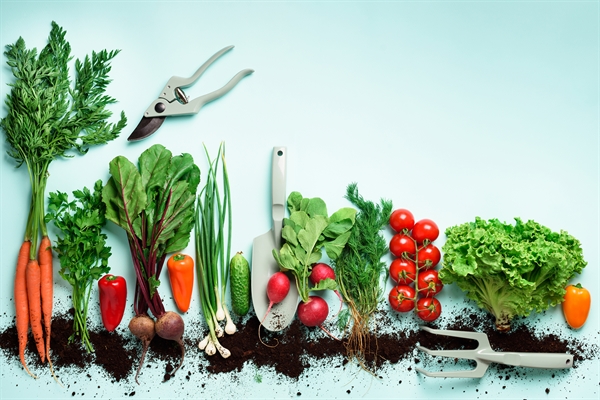
You'll know it is finished when it no longer is as hot when you turn it. If your yard clippings were green and not dry, this pile is going to be very high in nitrogen sources and doing not have in carbon sources. Do you have any fallen leaves, shredded paper, wood chips, or other low-nitrogen waste you can include to it? High nitrogen stacks tend to be more stinky, if I remember correctly.
I do not have organic eggshells to compost. I've checked out a lot of eggs having disease. If I hardboiled eggs, then I put the eggshells in the compost since the eggshells have been boiled. Nevertheless, sometimes I utilize eggs out of the shells, so I have actually been washing the eggshells in the dishwater and rinsing them clean after I am done doing the meals.
Every year, American consumers, organisations, and farms spend $218 billion growing, processing, carrying, and disposing food that is never eaten. That's 52 million lots of food sent to landfills every year, and 10 million lots that go unharvested or discarded on farms. You can do your part to eliminate food waste by composting fruits and veggies from your kitchen area.
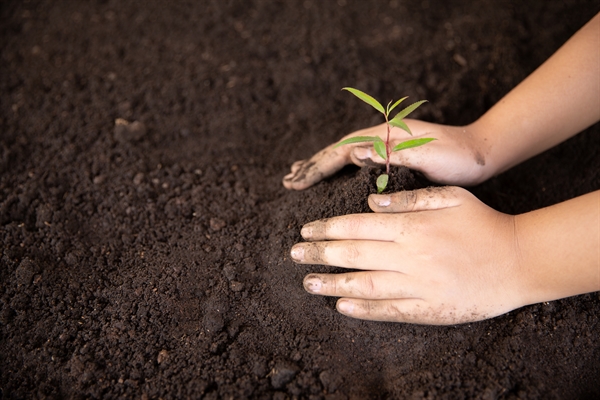
Win-win! Here are some pointers for making garden compost. Compost heap, tumbler, or worm bin? Everything depends upon your area and available time. A compost heap is excellent for those with great deals of waste and lawn space. A tumbler will carry out in practically any size backyard, and a worm bin can fit even in the smallest house, although it will need more attention (you're handling animals, after all).
Get the mix right. Whether you're throwing food on a stack or feeding worms, the rules about what to include to your garden compost are typically the very same. Initially, make certain you have the suitable ratio of "green" (food scraps) and "brown" (leaves or paper trimmings). Never include pet waste, plastic, animal items or fat, chemically-treated items, or weeds.
In Duarte, CA, Jamison Hartman and Daniela Burke Learned About Mixing Grass Clippings Into Soil
Consider your worms vegan. For worm compositing, a great general rule is: do not give any ingredients to the worms that you wouldn't feed to a vegan household member. Keep in mind that these are living animals (here's a great list of foods worms like and don't like). Keep it ventilated. Insects and diseases will take off in a composting setup that isn't effectively ventilated and balanced.
One sign: the smell. If it's cool, you'll need to make adjustments. Good garden compost smells fresh. Break it down initially. Food scraps and backyard waste that's too big or tough will take a long time to break down. Cut the scraps into smaller pieces initially before placing on your pile to accelerate the process.
Know when to collect. Lots of garden compost tumblers include two chambers so that after you've filled one with the right mix of leaves and food scraps, you can leave it be for a few months while contributing to the other chamber. Worms too, will take about three months to convert a constantly fed quote from food waste to garden compost.
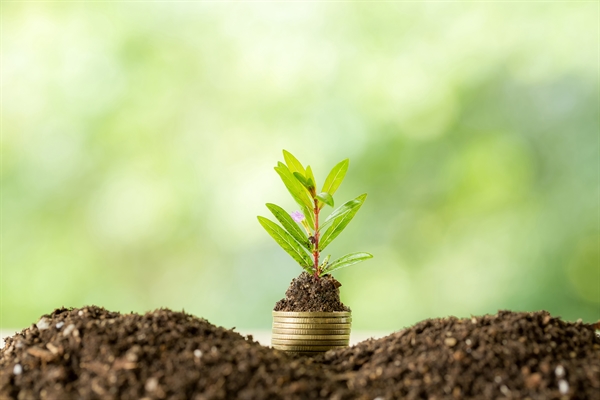
When you produce your own compost, you'll get the benefit of healthy fertilizer for your garden. Ended up garden compost should look like dark soil, smell fresh, and have no food scraps left in it. If you're not into gardening, you could constantly utilize a composting get or drop off service. Some towns even have curbside compost! ___ PICTURE: kitty meets goat/Flickr.
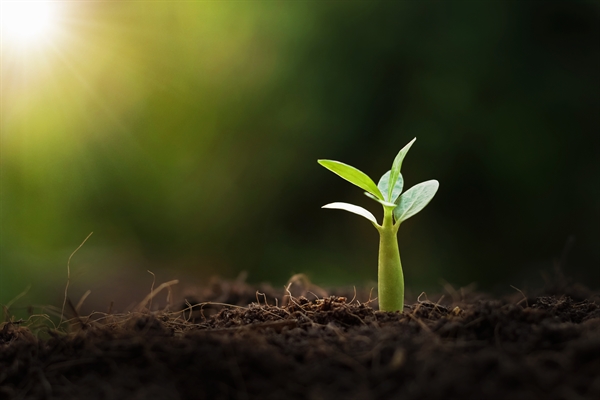
Recommendations to make your compost making a success. These can be added to your garden compost heap however the best use of them is to make leafmould. Stuff wet leaves into black plastic sacks (loosely connected), or an open wire mesh container. The resulting leafmould is ready to use after a year or more.
Alternatively, leave on the yard whenever possible - they will soon vanish and feed the yard; this will not trigger 'thatch'. Can also be blended into a leafmould load, or used directly as a soil mulch. Plant products suffering from soil-borne diseases such as clubroot and white rot ought to not be included to a compost pile.
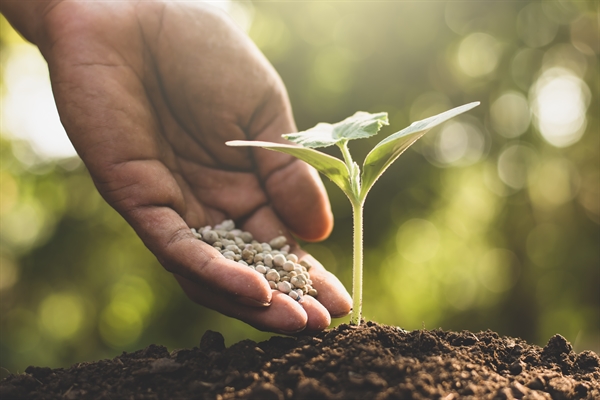
Illness that do not need living matter to make it through, such as grey mould, mildews, and wilts, may make it through in a cold load. But heat is not the only aspect that will eliminate illness: the extreme microbial activity in a garden compost heap likewise assists to deal with them. Some diseases, such as tomato and potato blight require living plant tissue to make it through and will not last long without it.
If in doubt, leave it out. Problem products can be sent out to your regional council green waste recycling center where the composting techniques are hot adequate to eliminate any problem organisms. that do not require living plants to make it through - grey mould, mildews, wilts - may survive in a slow, cool stack.
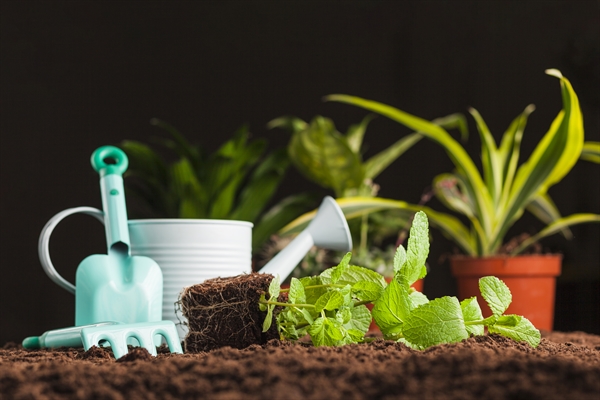
Some seasonal weeds will be killed in a hot stack; avoid actually consistent scaries such as celandine, docks, round buttercup, ground elder and bindweed. Don't burn or dump these weeds - they are abundant in plant foods. Combine with grass mowings in a plastic sack. Tie it up and leave for a couple of months until the weeds are no longer recognisable, then contribute to the garden compost stack.
In 32082, Ryder Lara and Ramon Roy Learned About Are Grass Clippings Good For Your Garden
Weed seeds may endure a cool heap, however need to be eliminated in a hot one. If your compost tends to grow weeds, dig it in rather than spreading it on the soil surface. Chop or shred tough prunings and clippings from evergreen hedges prior to contributing to a combined compost stack.
Combine with turf or other activating product; water well. Tread down the stack, then cover. In anything from a couple of months to a few years you will have a coarse mulch which can be utilized on perennial beds. Strawy horse and livestock manure composts well. Manure combined with wood shavings should be delegated rot up until the shavings have broken down.
When decayed usage as a surface area mulch. Little animals, like hamsters, don't produce many droppings however you can still use their waste as a strawy addition to the garden compost load. Guinea pigs are marvellous - they love consuming weeds and transform them rapidly to prime compost product! Newspaper can be added to a compost pile, but in any quantity it must choose recycling into more paper.
They are especially helpful where kitchen area scraps comprise a high percentage of the compost ingredients. Glossy paper takes a long time to rot down. Coloured inks are rather safe to compost. Very slow to decay. Raw or uncomposted wood shavings integrated into the soil can lock up soil nitrogen, making it unavailable for plants for a year or more.
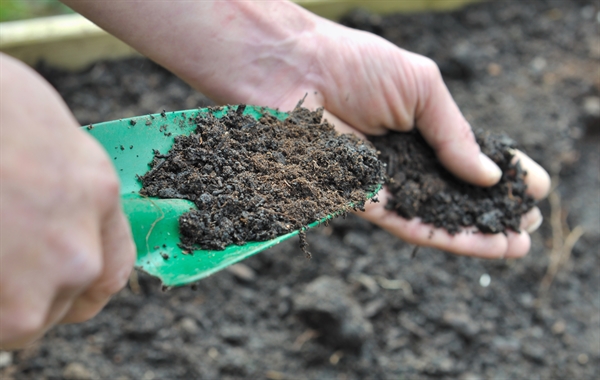
Share this idea!Food scraps and lawn waste make up about a quarter of overall household garbage, according to the Epa. Composting organic waste is an excellent way to conserve land fill space and lower methane gas emissions while producing a rich fertilizer that will help your garden soil keep moisture.
Companion Plants Resource
Additional ResourcesAlthough there are different approaches to house composting, these compost ideas will help get any outside pile off to a good start. To keep your garden compost stack healthy and delighted, it requires nitrogen, carbon, air and water. Maintain this balance by feeding it equivalent parts green and brown components. Green materials-- such as veggie and fruit waste, coffee premises, yard clippings and eggshells-- consist of nitrogen.
https://smallyardbigdreams.com/knowledge-base/companion-plant-index/When the compost has a great deal of fresh products, it is super crucial to stir it at least when a week. Aerobic germs, which are extremely crucial to decomposition, require oxygen to grow. When oxygen levels drop (when the compost isn't stirred periodically), anaerobic germs take control of the procedure,

